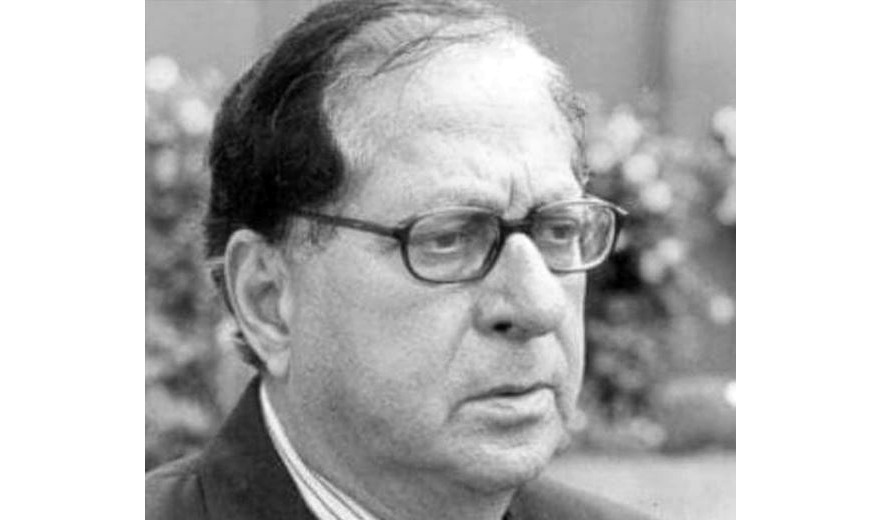Renowned journalist and Sahitya Akademi award winner, Ghulam Nabi Khayal, breathed his last at the age of 85 at his residence in Rawalpora, Srinagar. His passing marks the end of a significant chapter in the world of Indian literature and journalism.
Ghulam Nabi Khayal was not just an acclaimed journalist but also an Indian Kashmiri poet and essayist. His literary journey encompassed three languages: Kashmiri, Urdu, and English. Throughout his illustrious career, he penned an impressive collection of over 30 books, each contributing to the rich tapestry of literature in these languages.
One of the defining moments in Khayal’s literary career was his recognition by the Sahitya Akademi, India’s premier literary institution. In 1975, he was honored with the Sahitya Akademi Award for his outstanding work, ‘Gashik Minaar’ (Luminaries). This achievement signified his profound impact on the literary world, especially in his native Kashmir.
However, Khayal’s commitment to his principles and the socio-political climate of the time led him to make a significant statement. In a gesture of protest, he chose to return the Sahitya Akademi Award, becoming the first Kashmiri to do so in the valley. This courageous act spoke volumes about his unwavering commitment to the causes he believed in.
Khayal’s professional journey was as diverse as his literary pursuits. He embarked on his career as a newsreader at Radio Kashmir during the 1950s. This set the stage for a lifelong association with journalism.
Over the years, he lent his formidable talents to some of the most prominent news organizations in India and beyond. His bylines found their way into publications like the Illustrated Weekly of India, India Today, and The Associated Press. Additionally, his resonant voice and storytelling prowess were heard on various broadcast radio stations, including the renowned Voice of America.
Among his many literary contributions, Khayal’s translation of the Rubaiyat of Omar Khayyam into Kashmiri remains a noteworthy achievement. This translation brought the timeless verses of the Persian polymath to a new audience, bridging cultures and showcasing the universality of poetry.
Ghulam Nabi Khayal’s life and work exemplify the power of the written and spoken word. His enduring legacy will continue to inspire future generations of writers, journalists, and poets, reminding them of the impact that literature and journalism can have in shaping the world and making a statement.






